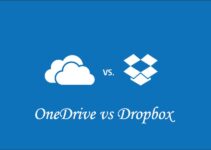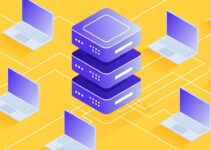Every online user needs to secure their identity for a variety of reasons. In today’s digital world, our personal information is constantly being shared and transmitted online. From shopping and banking to social media and communication, much of our daily lives take place on the internet.
But as convenience and connectivity grow, so does the chance that our personal information will be stolen. Hackers, governments, and other third parties can get access to sensitive data like login credentials, financial information, and histories of what websites you’ve visited. This is where a virtual private network (VPN) comes in.
A VPN is a tool that encrypts your internet traffic and hides your IP address. This makes it harder for hackers to track what you do online and steal your data. This added layer of security helps to protect your personal information and keep it out of the hands of cybercriminals.
Here are some key reasons why every online user needs a VPN to secure their identity:
Protect your personal information from hackers
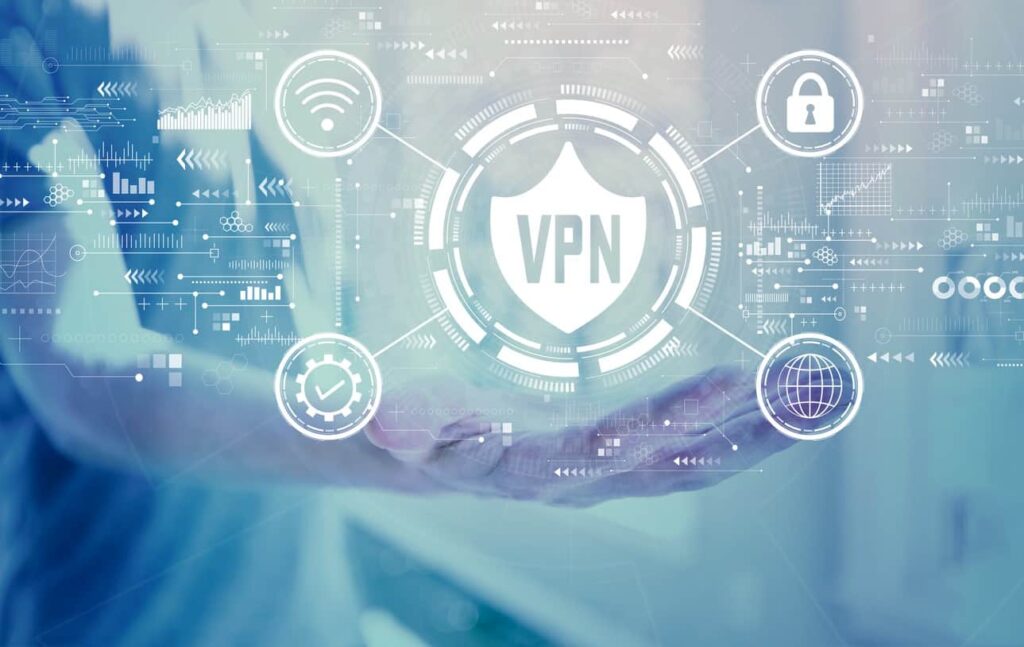
Source: kaspersky.com
One of the main reasons to use a VPN is to protect your personal information from hackers. When you use the internet, your device sends and receives data through a network of servers. This data can include sensitive information like your login credentials, financial information, and browsing history. Without the right security, hackers could get this information and try to steal your personal information for their own gain.
A VPN encrypts your internet traffic so that anyone who might try to read it can’t. This means that even if someone were to gain access to your data, they wouldn’t be able to read it. A VPN’s encryption creates a wall between your personal information and hackers, making it much harder for them to steal your information.
Avoid government surveillance and censorship
Another reason to use a VPN is to avoid government surveillance and censorship. In some countries, the government keeps track of how people use the internet and blocks access to some websites and online content. This can be done for many reasons, like keeping political or social order or protecting national security.
A VPN can help you avoid being watched or blocked by the government because it encrypts your internet traffic and hides your IP address. This makes it harder for governments and other third parties to keep track of what you do online and figure out who you are. By using a VPN, you can freely browse the internet and get to the content you want without worrying about being watched or blocked.
Access Blocked Websites and Content
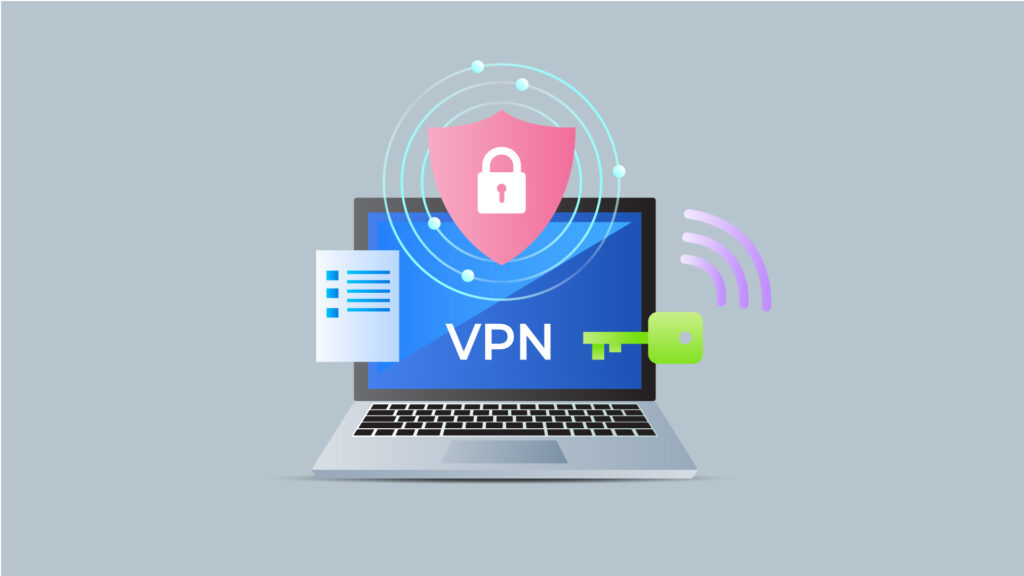
Source: cyber.gov.rw
A VPN can help you access websites and content that have been blocked. It can also help you avoid government surveillance and censorship. Many countries have strict internet censorship laws that restrict access to certain websites or online content. This can include social media platforms, news websites, streaming services, and more.
Hulu is the most viewed streaming platform these days, but it is geo-restricted and only available in the US.
With a VPN, you can get around these restrictions and get to the content you want, no matter where you are. By connecting to a VPN server in a different country, you can make it appear as if you are accessing the internet from that location. However, choosing the best VPN for Hulu that you can use to unblock it is a bit difficult, but there is a huge market of VPNs that allow you to bypass regional restrictions and access blocked websites and content.
Hide Location Data
A VPN can also conceal your location data. How does this assist you in safeguarding your browsing history? First, when you change your location, you might make it hard for ad networks to send you ads that are relevant to you. This will stop targeted ads from showing up in your social media feeds and search engine results. These ads are often so accurate that they feel like a privacy invasion.
Second, if you hide your location, cybercriminals who are looking for PII won’t be able to find it. Criminals can’t find out your IP address if you use a VPN. (Your device is connected to a certain local network through its IP address.) When IP addresses are visible, criminals can track them to find out home addresses, full names, and phone numbers. All of these are important pieces of PII that, in the wrong hands, can put your identity at risk.
Improve Online Security and Privacy
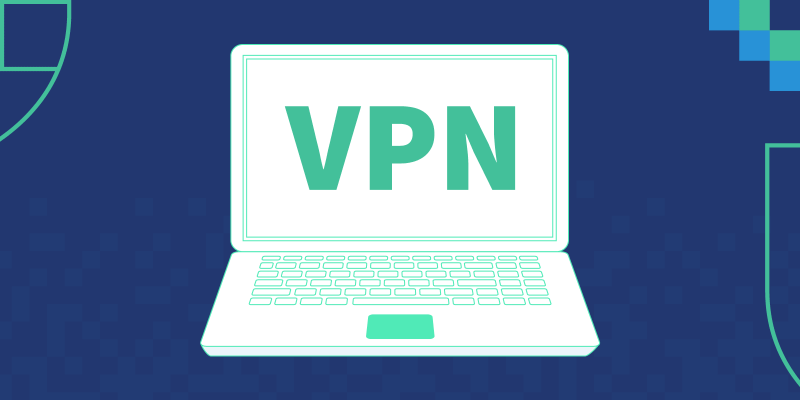
Source: vpnoverview.com
In addition to the above benefits, using a VPN can also make your online security and privacy better as a whole. When you use a VPN, your internet traffic is encrypted, and your IP address is hidden. This makes it harder for other people to track what you do online and figure out who you are. This extra layer of security can help stop cybercriminals from going after you and can also stop advertisers and other third parties from following you.
Also, many VPNs have extra security features, like a kill switch, which can cut you off from the internet automatically if your VPN connection drops. This can help keep your personal information from getting out if you connect to a VPN.
Final Verdict:
To conclude it here, I would say in the coming era of advanced technology, scams and hacking will touch the skies, so secure VPNs are a must-have for every online user out there for keeping their identity secure.


